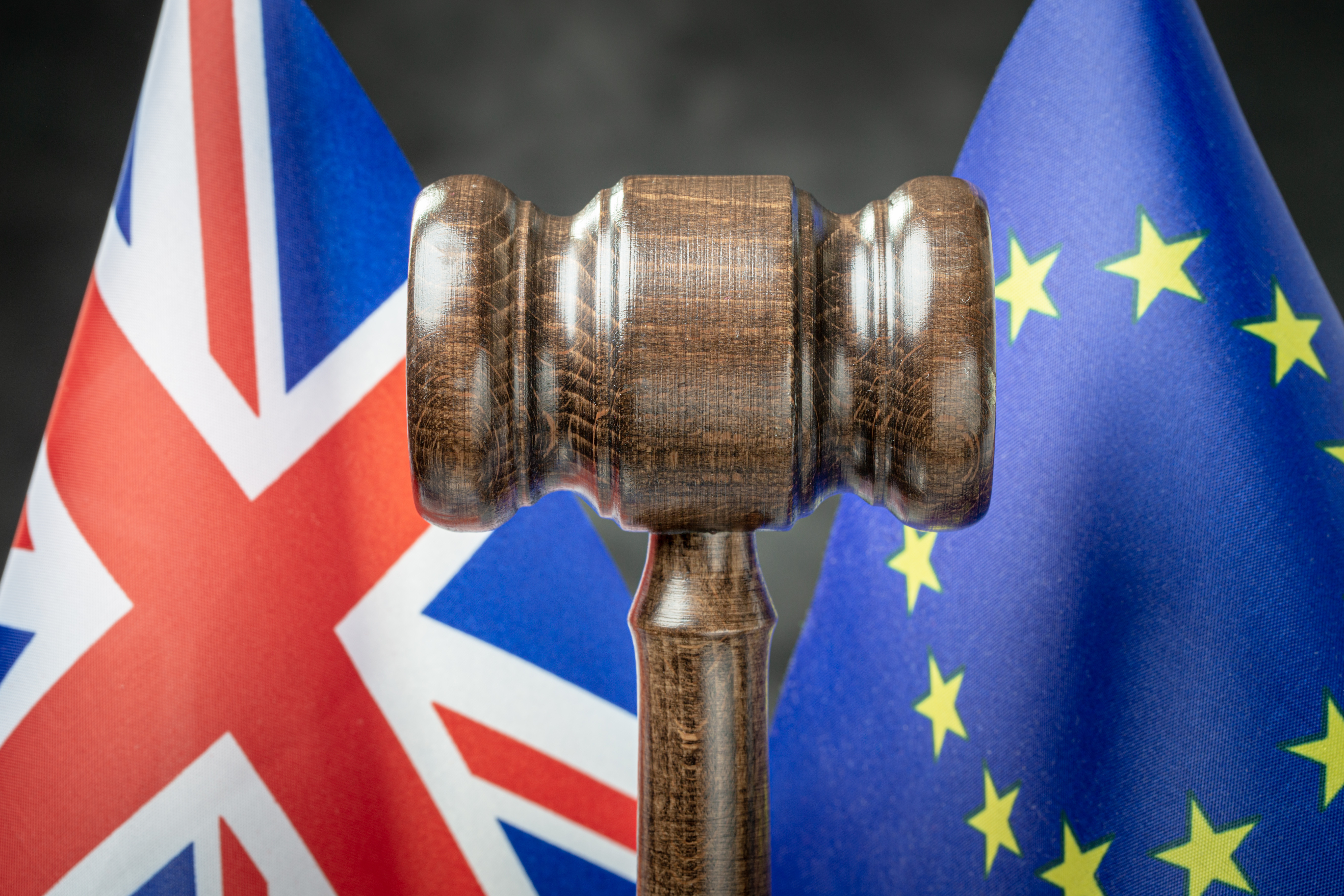On 17 October 2024, the European Union's updated cybersecurity legislation, NIS2, will come into effect—marking a significant leap in how Europe handles digital security. This directive strengthens cyber resilience across the EU and keeps pace with the ever-evolving landscape of digital threats. Notably, it introduces new measures for supply chain security and imposes stringent incident reporting requirements.
For the UK, this development is difficult to ignore. Although no longer bound by EU regulations, the UK must contend with the higher cybersecurity standards that NIS2 sets across the continent. The proposed UK Cyber Security and Resilience Bill, announced in the King's Speech in July 2024, seeks to address this gap by expanding the scope of existing UK regulations to cover more digital services and introducing tougher reporting requirements similar to those in NIS2.
Highlighted in the King’s Speech were some of the nation’s most vulnerable and critical sectors: “Our essential services are susceptible to hostile actors, and recent cyber attacks affecting the NHS and Ministry of Defence demonstrate the severe impacts […] We must take swift action to address vulnerabilities and protect our digital economy to deliver growth.”
NIS2 specifically targets securing software supply chains, a tempting target for cybercriminals. The directive reflects a growing global trend towards transparency and accountability in software development, requiring companies to manage risks and ensure continuity across the supply chain. For instance, under NIS2, organizations must report cybersecurity incidents within 24 hours and provide detailed assessments within 72 hours—stringent timelines that compel businesses to respond faster and more efficiently to breaches.
The UK's current cybersecurity regulations, largely based on laws inherited from the EU, have served as the nation’s only cross-sector cybersecurity framework. However, with the EU’s recent updates—particularly the introduction of NIS2—these regulations have become outdated and inadequate to counter modern threats. This leaves the UK’s infrastructure and economy exposed, necessitating an urgent update to avoid being "comparably more vulnerable" than its European counterparts. Without modernizing its approach, the UK risks falling behind in protecting critical sectors from increasingly sophisticated cyberattacks.
The UK’s forthcoming legislation will likely need to follow a similar path, ensuring that businesses are prepared for future attacks and held accountable for securing their operations. The proposed bill aims to expand upon the current UK Network and Information Security (NIS) Regulations, extending its remit beyond essential services to cover a broader range of digital services and supply chains. It will also empower regulators to enforce cybersecurity measures more rigorously, including investigating vulnerabilities and mandating more frequent incident reporting, particularly in cases of ransomware attacks.
With AI, IoT, and real-time data driving industries, the risks of delayed action are alarmingly high. According to government briefings, this bill is crucial for “filling an immediate gap” in the UK’s defenses. For now, the EU has already moved ahead with stricter cybersecurity rules, further highlighting the UK's comparative vulnerability.
.png?width=1816&height=566&name=brandmark-design%20(83).png)



